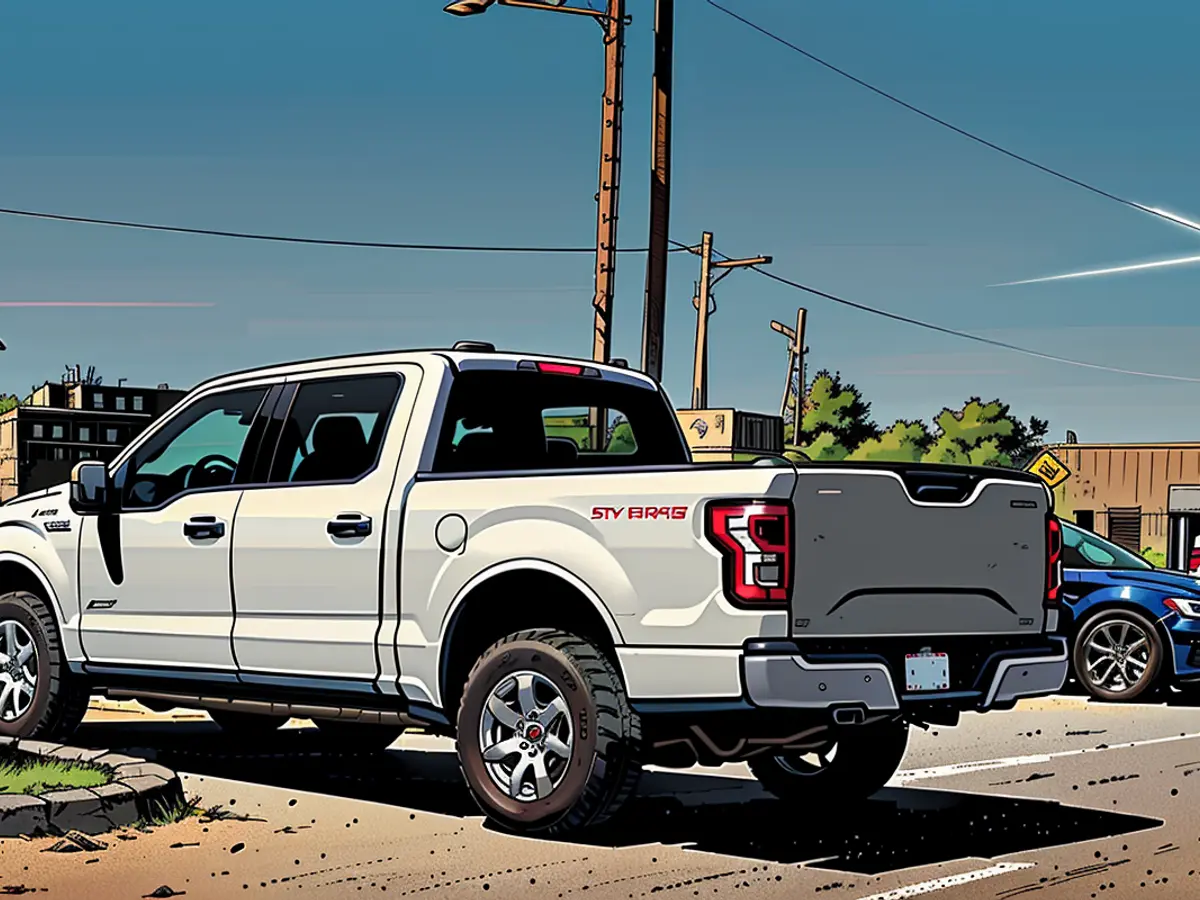Ford is experiencing substantial financial losses within its electric SUV sector, leading to significant reductions in this particular division.
Ford is giving in to the sluggish market growth in electric vehicles for some brands and models, leading to their withdrawal from launching a planned electric SUV. This move will set Ford back approximately $1.9 billion (€1.7 billion). Originally intended for release in 2025, the SUV was later pushed back to 2027, but Ford ultimately decided against manufacturing it due to losses in its electric vehicle division. Meanwhile, their traditional internal combustion engine models and commercial vehicles are still bringing in profits. The heightened demand is mainly for hybrid vehicles.
In response, Ford is taking a critical look at its expenditures on electric models, planning to decrease it from 40% to 30% of the annual budget. The release of the successor model for the large electric pickup F-150 Lightning has been delayed until late 2027, previously slated for 2025. During this period, Ford aims to reduce battery costs, among other strategies.
Now, each new model is expected to make a profit within the first 12 months, according to CFO John Lawler. The focus for electric models will shift to a forthcoming van, set for production in 2026, and a medium-sized pickup proposed for 2027.
Consequently, the surge in electric vehicle sales, especially by market leader Tesla, during the COVID-19 pandemic led major car manufacturers to invest heavily in expanding their electric vehicle businesses. However, demand has since noticeably declined, affecting even Tesla and prompting Ford's competitor General Motors to scale back their electric vehicle plans. Ford CEO Jim Farley stated that the planned large electric SUV was highly favorable, but it wouldn't have met the required profitability standards.
The decision to withdrawal the electric SUV by Ford is largely due to the losses in their electric vehicle division affecting the overall economy of the company. Despite the sluggish market growth in electric vehicles, traditional internal combustion engine models and commercial vehicles continue to contribute positively to the economy of Ford.








